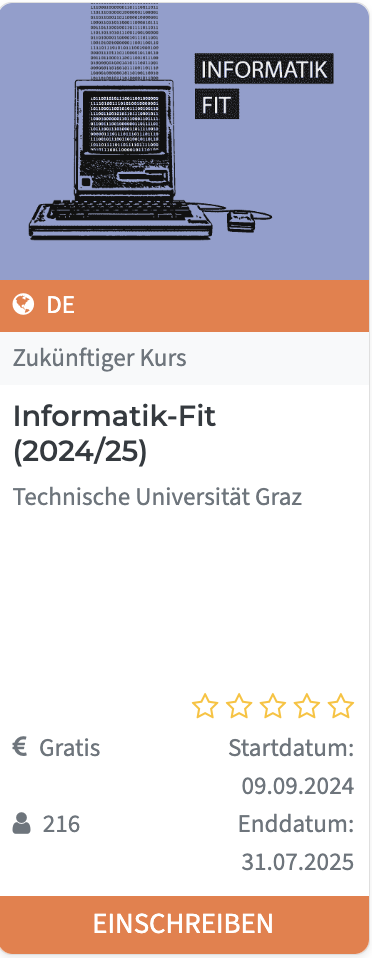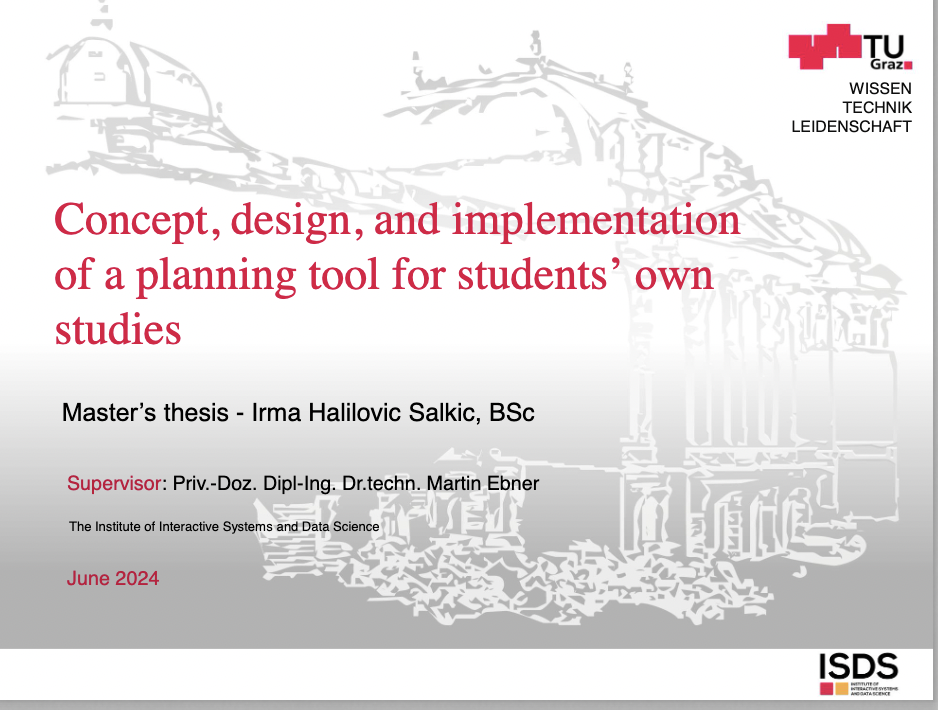Our contribution to this year’s SITE conference in Orlando titled „Chatbots in Education: A Systematic Rapid Literature Review“ is published.
Abstract:
This review explores the role of chatbots in education through a detailed literature review of 60 records. As chatbots become increasingly embedded in students‘ daily lives, their presence in primary, secondary, and tertiary education is expanding rapidly. By analyzing the selected papers, this review highlights both the opportunities and challenges faced by educators and students when using chatbots. The findings indicate that the integration of AI in education offers significant potential but requires careful consideration. In particular, the study emphasizes the need for improved teacher and student training, updated policies, and effective assessments to maintain academic integrity and enhance learning outcomes.
Reference: Gregorac, A., Brünner, B. & Ebner, M. (2025). Chatbots in Education: A Systematic Rapid Literature Review. In Proceedings of SITE 2025 (pp. 588-593). Waynesville, NC USA: Association for the Advancement of Computing in Education (AACE). Retrieved March 24, 2025 from https://www.learntechlib.org/primary/p/225579/.



